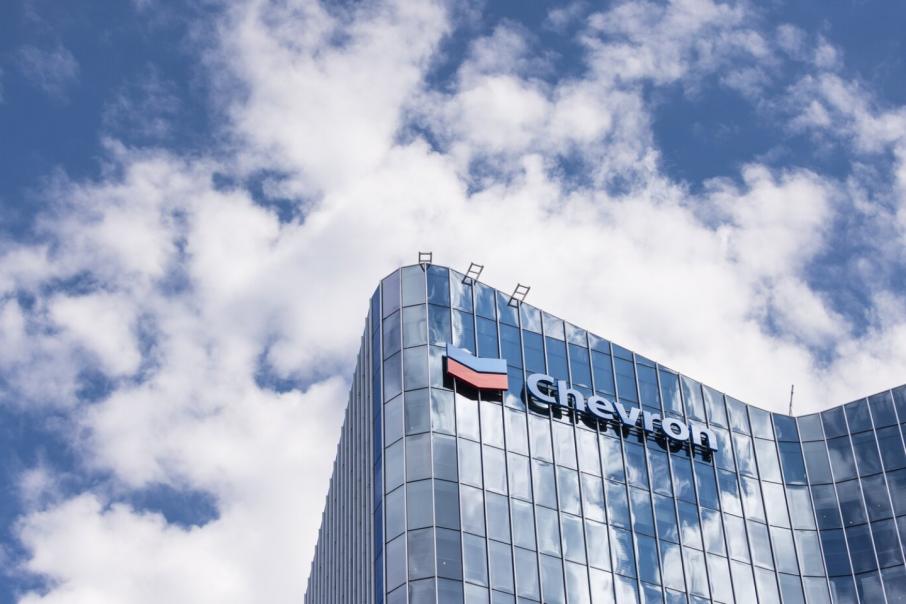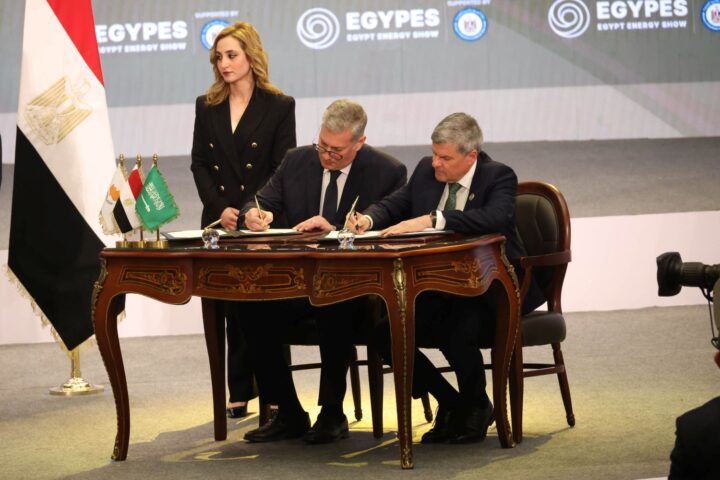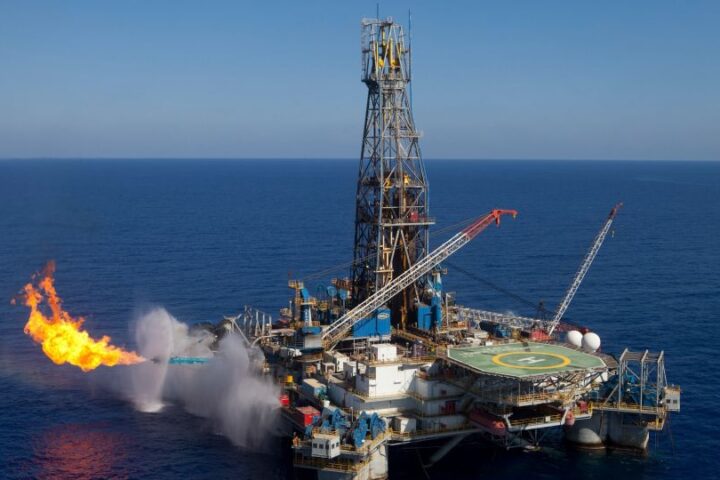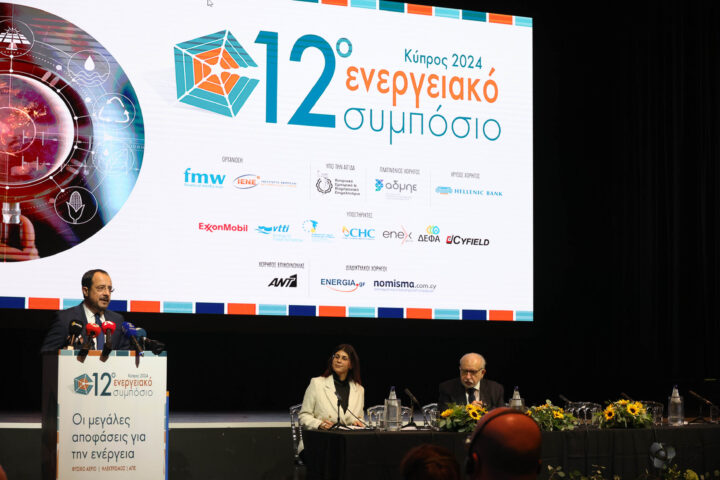Nicosia is confident that a dispute with US energy giant Chevron over the commercial exploitation of Aphrodite’s untapped natural gas could still end with an agreement despite continuous extensions to – so far – failed negotiations.
Monday saw the expiration of a two-week extension after the initial deadline for negotiations expired on 5 November.
Chevron was expected to deliver their response to the government’s rejection of its proposal to modify the development plan for the estimated 3.5 trillion cubic feet (tcf) Aphrodite offshore gas field southeast of Cyprus.
The field’s development is subject to a dispute after the Chevron-led consortium submitted a modified plan this year, which Cyprus said reneged on a 2019 deal agreed by all sides.
The initial plan submitted by Noble Energy – an independent operator which Chevron acquired in October 2020- included constructing a Floating Production Unit (FPU) for natural gas production.
Cyprus’ objections to the consortium’s new plans stem from removing the FPU that would increase gas recovery, consequently maximising revenues.
There was no official update by the government following the expiration of the extension; however, government officials appeared confident the dispute would end in a win-win situation.
Acting government spokesperson Victoras Papadopoulos appeared confident over the course of negotiations.
In comments to Politis radio, Papadopoulos confirmed that Chevron had already replied to a government letter stating Nicosia’s concerns, with authorities requesting some clarifications.
He revealed optimism on the government’s part, although he did not mention the content of Chevron’s response.
However, the fact that it became known that a letter was being prepared for Chevron on the disputed issue may suggest the company’s response was either not considered satisfactory, or their position was unclear.
Sources quoted by local media reveal that Chevron is willing to implement the 2019 agreement so that an FPU will be used for Aphrodite but still cite investment sustainability issues.
Alternatives
To avoid a collapse of the consultations, the government presented Chevron with alternative options, one of which was for the Republic to bear part of the cost of installing the FPU, which the company estimates at €1 bln.
In such a case, the pro rata revenue-sharing contract from the exploitation of the field would be amended to reduce the state’s revenue to an amount commensurate with the installation of the FPU unit.
Another counter-proposal made by the government concerned the amendment of the development plan so that, in case an FPU is not installed, the projected loss of revenue from the state would be reduced.
Chevron’s modifications removed the FPU and cut the number of production wells to three from an initial five.
An updated assessment following a new appraisal well this year lowered the estimates to around 3.5 tcf.
Nicosia considers the FPU essential in extending the field’s lifespan, while Chevron, backed by the US administration, considers the modified plan will help get gas to the market faster and does not involve building costly large infrastructure.
Chevron is a partner in the field with Israel’s NewMed and Shell.
The project’s overall objective is to connect Aphrodite via a subsea pipeline to Egypt, where the gas can be sold in the domestic market or liquefied and shipped to Europe, which has been largely cut off from Russian supplies.










